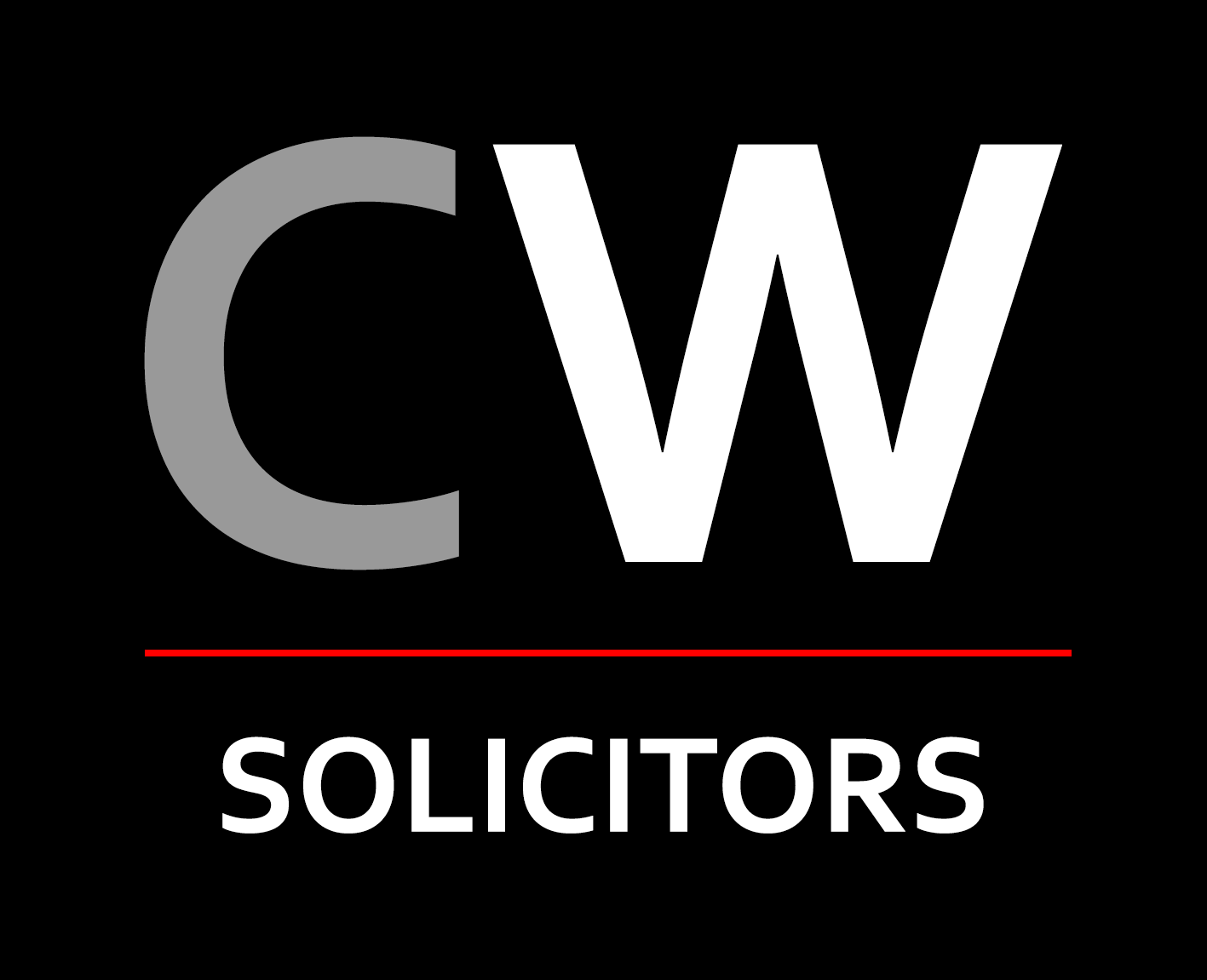Trustees – Managing trust money correctly.

One of a trustees main roles is to manage a trust fund correctly for the beneficiaries. This will often involve making decisions and investing money held by the trust correctly. Whilst this sounds easy, this is often one area that trustees find themselves in error, especially when family or friends are acting as trustees and can lead to personal liability for not achieving a reasonably return, failing to take advice and the potential for family disputes. Where a professional is appointed as a trustee they are expected to exercise an even higher standard of care and skill.
Investment Choice
The general financial principles are contained in the Trustee Act 2000 (s3) and may also feature in the trust instrument itself, to give the trustees power to put trust assets into any investment which they would be able to invest in if they owned the funds themselves. This is obviously a wide ranging power however, there is further guidance as to how the trustees exercise this function.
– Trustees must consider the suitability of proposed investments for the trust.
– The investment strategy should be diversified if appropriate to spread risk.
– Where trustees do not feel they are suitably experienced to take qualified financial advice to ensure the trustees are complying with their obligations.
Dependent on the nature of the trust other factors may need to be considered in the appropriateness of any investment, for example an Income in Possession trust (IIP) to produce income for a beneficiary for life before being distributed to remaining beneficiaries must way the balance between producing the income for those currently entitled against preserving or increasing the capital for those ultimately interested following the termination of the life interest.
Often something as simple as this can be overlooked and recently the writer has been involved in assisting a trust where a capital sum of approximately £10,000 was placed onto a trust in the 1980’s for the benefit of a surviving widow were only consideration was given to generating income for that surviving widow and not any subsequent capital growth. In the 1980’s £10,000 had a significantly greater value then £10,000 in 2018 and had the fund been invested to both generate income and increase the capital then the trust fund wild have been substantially more, all beneficiaries would have been happy and more importantly the trustees would have acted correctly.
Beneficiaries age or tax position may also be relevant to investment choice of trustees and should be considered. If only £1,000 is held for a child until they reach 18 and they are currently 16 then a low risk choice would be sensible but if £25,000 is held for a 2 year old so there are 16 years to manage the fund, a longer term approach to grow capital would be more sensible. Income tax and reporting requirements to HMRC will be covered in a speedster blog but as a note of caution where trust funds are to be held for minor beneficiaries then trustees may consider a investment strategy to mitigate the need for income tax accountable to HM Revenue & Customs.
Investment Review
Following initial investment choices by trustees regular reviews should be undertaken and if necessary amendments made to ensure that trustees continue to discharge their professional duties and responsibilities. Where financial advisors are utilised by trustees in relation to investments, this obligation is often met by the financial advisors submitting regular investment reports to the trustees.
With the uncertainty over Brexit and market reaction it is perhaps an ideal time for trustees to consider the investment strategy of their trust funds and as always document any decisions made to confirm that trustees have considered the investment.
Failure to Manage Correctly
Where trustees do not manage a trust fund correctly they can be held to have breached their position and be held accountable for loss. Where a loss has been incurred but the trustees have acted in accordance with their duties, for example if the stock market fell, trustees will not normally be liable if they have acted appropriately.
Often it is inaction of trustees rather than a incorrect informed choice that can lead to a question of negligence and in the pre-trustee act case of Nestle v National Westminster Bank PLC (1994) the beneficiaries argued that the trustees had exercised their investment powers too restrictively and that if the trust had been properly invested, it would have been worth a significantly greater value (over £1 million) Whilst the Court accepted the beneficiaries’ arguments they dismissed the claim because the trustees could not be held as following a investment strategy which no reasonably confident trustee would have done in the same circumstances.
Had they not taken any action at all in considering investments the outcome would have been significantly different with the trustees facing liability for the loss.
How We Can Help?
Our private client solicitors include members of the Society of Trusts and Estates Practitioners, the internationally recognised body of leading professionals in the areas of estate planning and trusts, and are available to provide advice on trust establishment, administration and winding up a trust to ensure trustees are complying with their obligations and reporting matters to HMRC correctly.
We can assist with ad hoc advice to trustees or undertaken a full administration service. We can also act as a trustee should you require a professional trustee to be involved in the trust administration.
Should you consider that you may need advice in relation to your role as trustee then contact our trust team at our Darlington office on 01325 281111 or visit www.clarkwillis.com or call into your nearest office.
